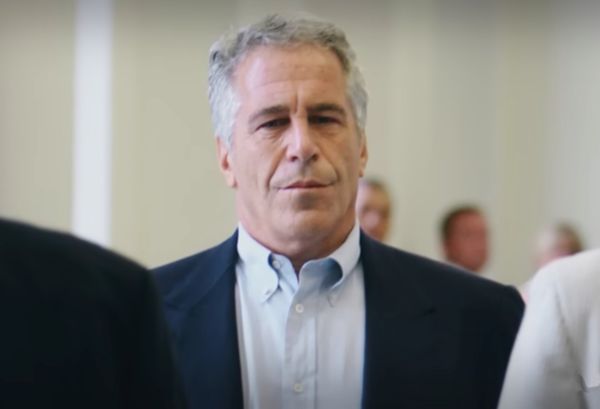Provocateurs from outside traditional party politics are driving a polarizing new strain of American political conversation.
Why it matters: Joe Rogan, Elon Musk, Barstool Sports founder Dave Portnoy and others have become some of the biggest cultural flashpoints of the Biden era.
The big picture: During a time of hyper-polarization in politics, these personalities brand themselves "free thinkers" untethered to political dogma, offending core tenets of every political party's worldview.
- The focus on Trump-era conservative voices, including Alex Jones and Sean Hannity, has shifted to viral voices with appeal on both sides of the aisle.
- The Atlantic’s Derek Thompson has dubbed these entertainers and pundits "DGAF [don’t give a f***] populists," noting the same qualities that make them popular "are the qualities that make them a nightmare for publicly traded companies" — Spotify or Netflix.
"[They] are big precisely because they don't just say 'no' to the prevailing discourse, the prevailing culture," Saagar Enjeti, host of an anti-establishment YouTube show and a guest on Rogan's show, tells Axios.
- "They explicitly say: 'Screw you.' ... I would say that is the heart of a lot of their appeal."
State of play: Provocateurs dominate today's media ecosystem, creating a barrage of headlines in response to just one tweet or comment.
- Joe Rogan's various controversies — from Alex Jones interviews to anti-vaccination comments to his apology for using racial slurs in the past — have driven entire news cycles.
- Elon Musk has tried to steer clear of many hot-button political issues, but has continued to take to Twitter to troll policymakers, most recently calling President Biden “a damp puppet in human form." In 2017, he left Trump’s business council over climate policy,
Between the lines: After a backlash, these hosts often rebound stronger.
- Rogan added more Instagram followers in January — after Neil Young pulled his music from Spotify to protest Rogan — than in any other month since 2018, according to CrowdTangle data.
- Dave Chappelle's Instagram following jumped 19% — more than the previous nine months combined — in October of last year, after backlash over a Netflix special in which he made anti-transgender jokes.
- On Friday, Netflix said it struck a deal with Chappelle to host and produce four comedy specials highlighting other comedians.
- Bari Weiss, who has described herself as a "center-left on most things," resigned as a New York Times columnist, writing that "my own forays into Wrongthink have made me the subject of constant bullying by colleagues who disagree with my views." She's now reportedly bringing in $800,000 a year from her Substack newsletter.
Reality check: Guests on Rogan's show have misinformation about COVID to his audience of 11 million listeners, and he has made anti-vax comments he later walked back.
Our thought bubble: South Park co-creators Matt Stone and Trey Parker helped pioneer a genre of culturally prominent, anti-political correctness comedy in the late 1990s.
- While shows like the "Roseanne" reboot faced cancellations in the wake of political blunders, South Park is still going strong after 24 seasons — perhaps because Parker and Stone are seen by the media as free speech evangelists, not politically motivated stars.
- “We have been waiting to get canceled for 30 years,” Stone told The Hollywood Reporter last year.
The bottom line: New media personalities have gained enormous traction in the Biden era by catering to people who feel disillusioned by the mainstream press on podcasts, in YouTube videos and via newsletters.







